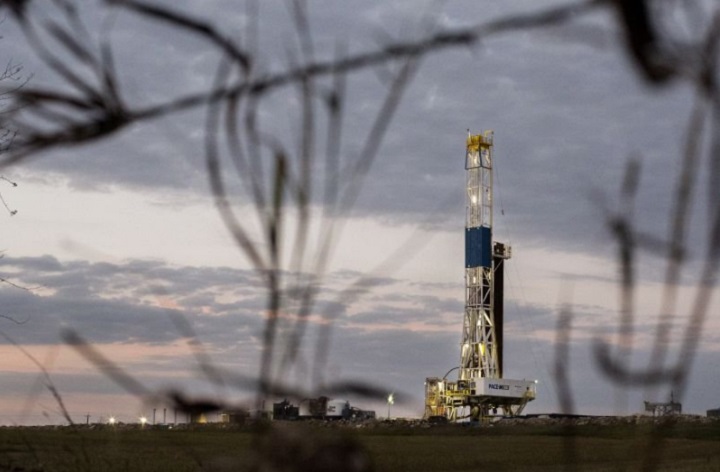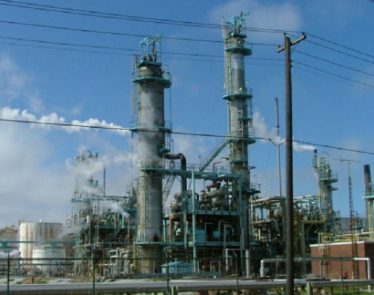
Last week, oil prices saw some hope as the American Petroleum Institute reported a draw of 4.62 billion barrels from the U.S commercial stockpile. The number was unexpected as analysts were expecting a draw of 3.5 million barrels. However, the enthusiasm of oil prices was short-lived, as the very next day, the U.S. Energy Information Administration reported an unexpected 3.3-million-barrel build in commercial stockpiles.
At 513.2 million barrels, the current inventory of crude oil were within seasonal limits, reported the EIA. However, oil refineries were processing over 17.2 million barrels of oil daily the week ending June 2, 2017– about 283,000 barrels per day less than the week ending May 26, 2017. Gasoline output also decreased, with an average of 9.9 million barrels per day the production went down 10.4 million bpd compared to the week before.
Imports have gone up — averaging 8.3 million barrels daily, a 356,000 bpd increase from the previous week — but declines is expected with Saudi Arabia’s announcement to cut shipments to one of its biggest clients. Saudi Arabia has been working to minimize output due to the recent OPEC-wide production cut agreement.
As oil prices go down, tensions continue to rise in the Middle East. Just after Saudi Arabia, Egypt, the UAE, and Bahrain severed diplomatic ties with Qatar — the top LNG exporter in the world — due to the belief that Qatar was supporting terrorism, two terrorist attacks were conducted at the Iranian parliament and the mausoleum of Ayatolla Khomeini in Tehran. Islamic State has claimed responsibility for the attacks that killed 12 people and injured many others.
Several hours after the news was reported, both Brent and WTI prices went down — highlighting the difficulty of OPEC’s situation. However, global supply is unlikely to decline anytime soon in the near future, as the cartel’s May output rose due to recovering production both in Nigeria and Libya.
Featured Image: twitter












